My Holiday Adventure reading Exercise
Read about Sarah's exciting holiday adventure and answer comprehension questions about her experiences.
Exercise Guide
How to complete:
Read the story carefully and answer the comprehension questions. Follow these steps: Read the entire passage slowly and carefully to understand the main idea. Pay attention to important details like locations, activities, and feelings. Look for key information that answers who, what, when, where, and why. Reread specific parts of the passage if you need to find particular details. Use context clues to understand any unfamiliar words or phrases.
Success tips:
After completing this exercise, you will improve your English vocabulary related to travel and holidays, including words like "destination," "crystal-clear," "breathtaking," and "summit." You'll also practice past tense narrative structures and descriptive language used in personal stories.
- Take your time: Good reading comprehension requires careful, thoughtful reading.
- Look for direct evidence: Most answers can be found directly in the text.
- Pay attention to details: Locations, activities, and emotions are important.
- Understand sequence: Notice the order of events in the story.
- Practice active reading: Ask yourself questions as you read to stay engaged.
Knowledge:
This exercise covers essential English language topics including travel vocabulary, past tense verbs, descriptive adjectives, and narrative storytelling. You'll learn vocabulary for outdoor activities, natural landscapes, family relationships, and emotional expressions. The story demonstrates how to use past tense forms correctly, sequence events chronologically, and describe experiences using vivid adjectives and sensory language that native English speakers commonly use in conversation and writing.
Complete the Exercise
Reading Passage 1
Last week, I went on the most amazing holiday to the mountains with my family. We packed our bags early on Monday morning and drove for three hours to reach our destination. The weather was perfect - sunny and warm with a cool mountain breeze.
When we arrived at our cabin, I was amazed by the beautiful view. We could see snow-capped peaks in the distance and a crystal-clear lake right below us. The cabin was cozy with wooden walls and a big fireplace. My little brother immediately ran outside to explore while I helped my parents unpack.
On our first day, we went hiking on a trail that led through a dense forest. The path was steep and challenging, but the view from the top was absolutely breathtaking. We could see for miles in every direction. I felt so proud when we reached the summit - it was the highest I had ever climbed!
That evening, we sat around the campfire roasting marshmallows and telling stories. The stars were incredibly bright because there were no city lights nearby. I had never seen so many stars before. It was magical.
How long did it take to drive to the holiday destination?
Look for the travel time mentioned in the story.
What did the family see from their cabin?
Think about the view described when they arrived at the cabin.
What activity did the family do on their first day?
Look for what the family did after arriving at the cabin.
How did the narrator feel when they reached the summit?
Consider the narrator's emotional response to reaching the top.
What did the family do around the campfire that evening?
Look for the evening activities described in the story.
Reading Passage 2
The next morning, we woke up to the sound of birds chirping outside our cabin window. The sun was shining brightly, and I could see steam rising from the lake below. My dad suggested we go fishing, which I had never tried before. We walked down to the lake with our fishing rods and a small cooler filled with snacks.
At first, I was nervous about fishing because I didn't know how to cast the line properly. My dad showed me how to hold the rod and throw the line into the water. It took me several tries before I could do it without getting tangled up. My little brother was much better at it than I was!
We sat by the lake for about two hours, enjoying the peaceful atmosphere. I didn't catch any fish, but my dad caught three small trout. My brother was excited to help clean them, and we decided to cook them for dinner that evening. The whole experience taught me that sometimes the best part of an activity isn't the result, but the time spent together as a family.
Later that afternoon, we explored the forest around our cabin. We found a small waterfall hidden behind some tall trees. The water was ice-cold, but we couldn't resist dipping our feet in. It was the perfect end to another wonderful day in the mountains.
What sound woke the family up the next morning?
Look for the description of what they heard when they woke up.
What activity did the family do that morning?
Think about what the father suggested they do.
How did the narrator feel about fishing at first?
Consider the narrator's initial reaction to fishing.
How many fish did the father catch?
Look for the specific number of fish mentioned.
What did the family find in the forest that afternoon?
Look for what they discovered during their forest exploration.
Share this exercise
Help others learn reading by sharing this exercise
Related Exercises
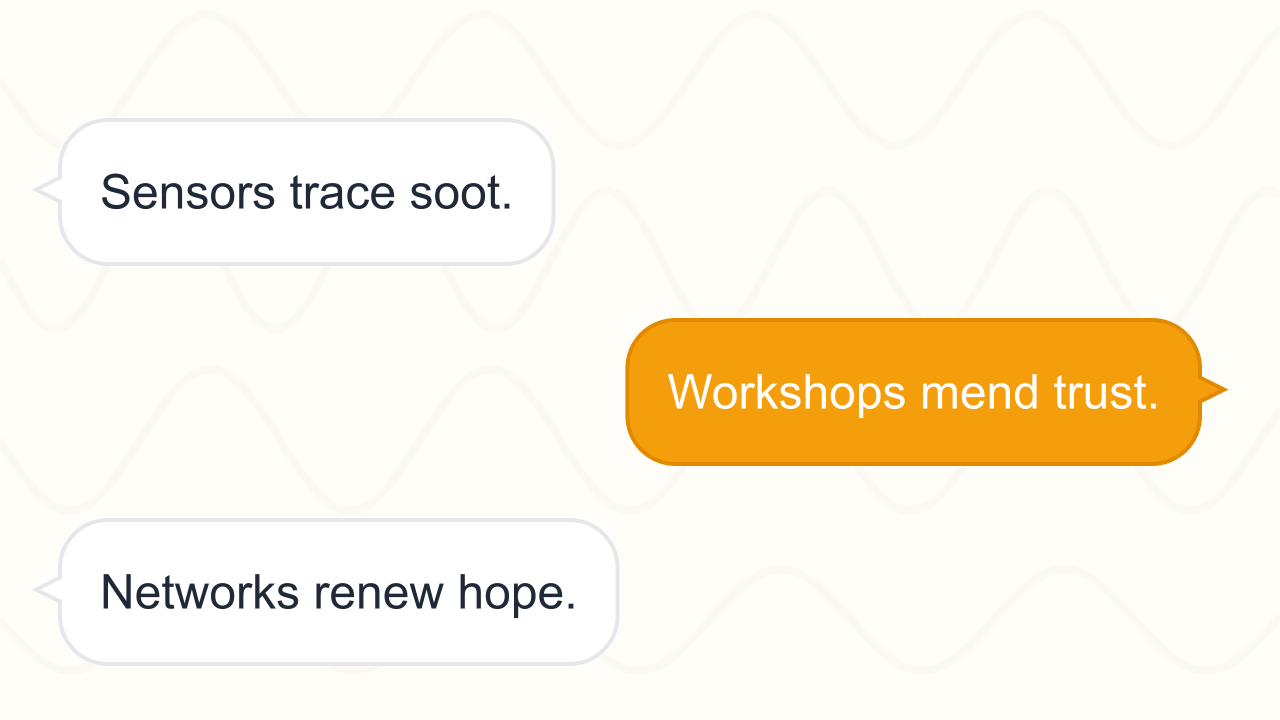
Designing Regenerative Networks for Future Neighborhoods
Trace how innovators, residents, and policymakers build interconnected solutions that cut pollution, expand recycling, and redesign everyday systems across six detailed case studies.
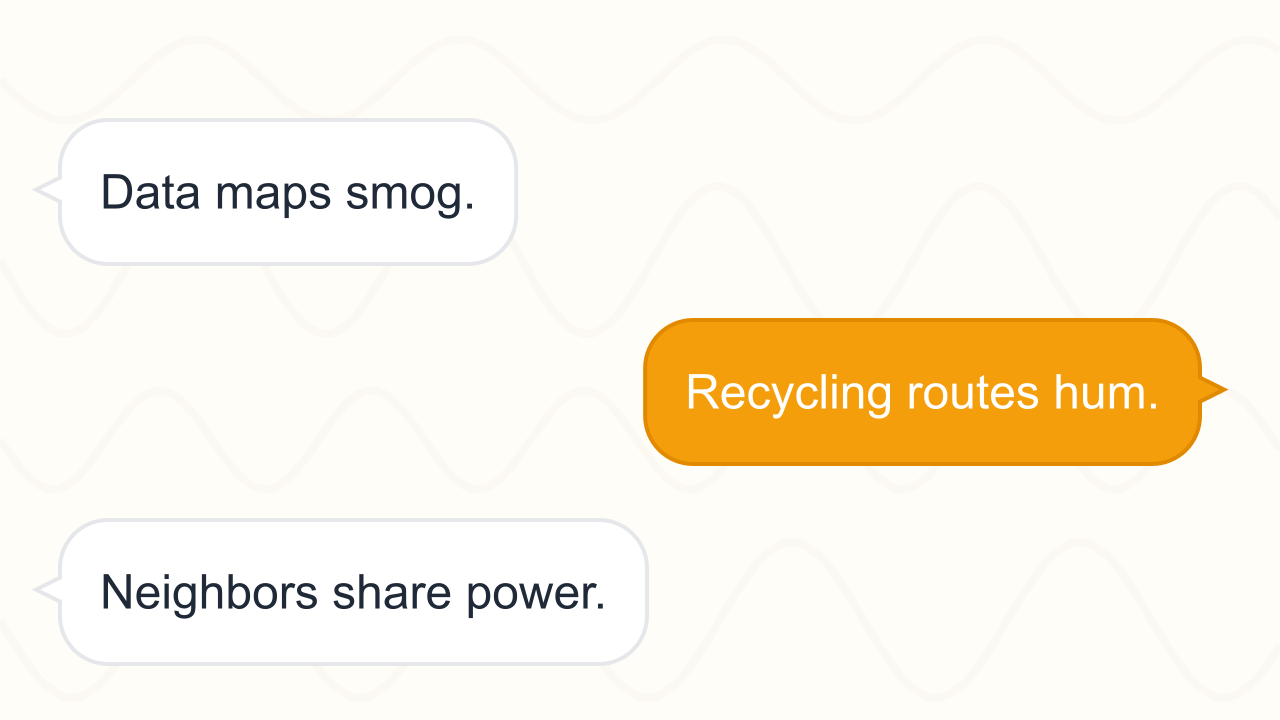
Clean Cycles for Tomorrow
Discover how neighborhoods reinvent waste systems, deploy new materials, and empower residents to shrink pollution footprints while expanding recycling access.
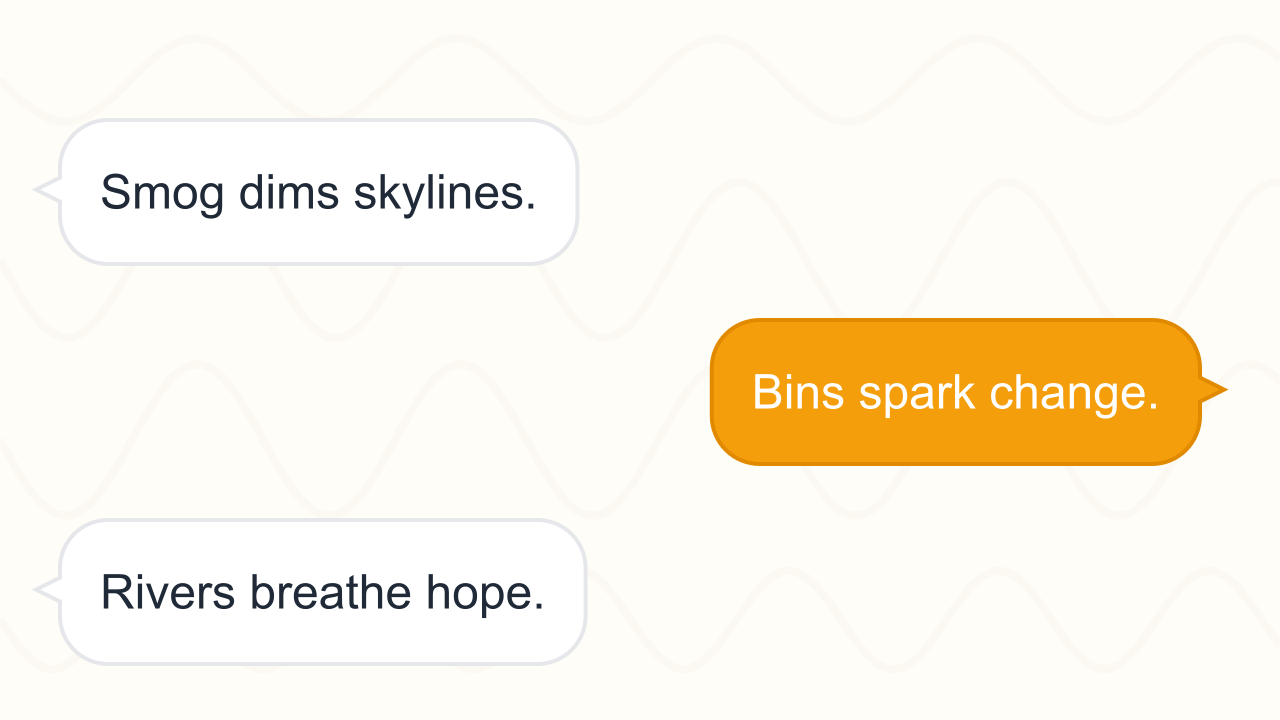
Pollution and Recycling: Restoring Our Cities
Explore how air, water, and waste pollution affect urban life, and examine the recycling innovations and community actions working to clean cities around the world.
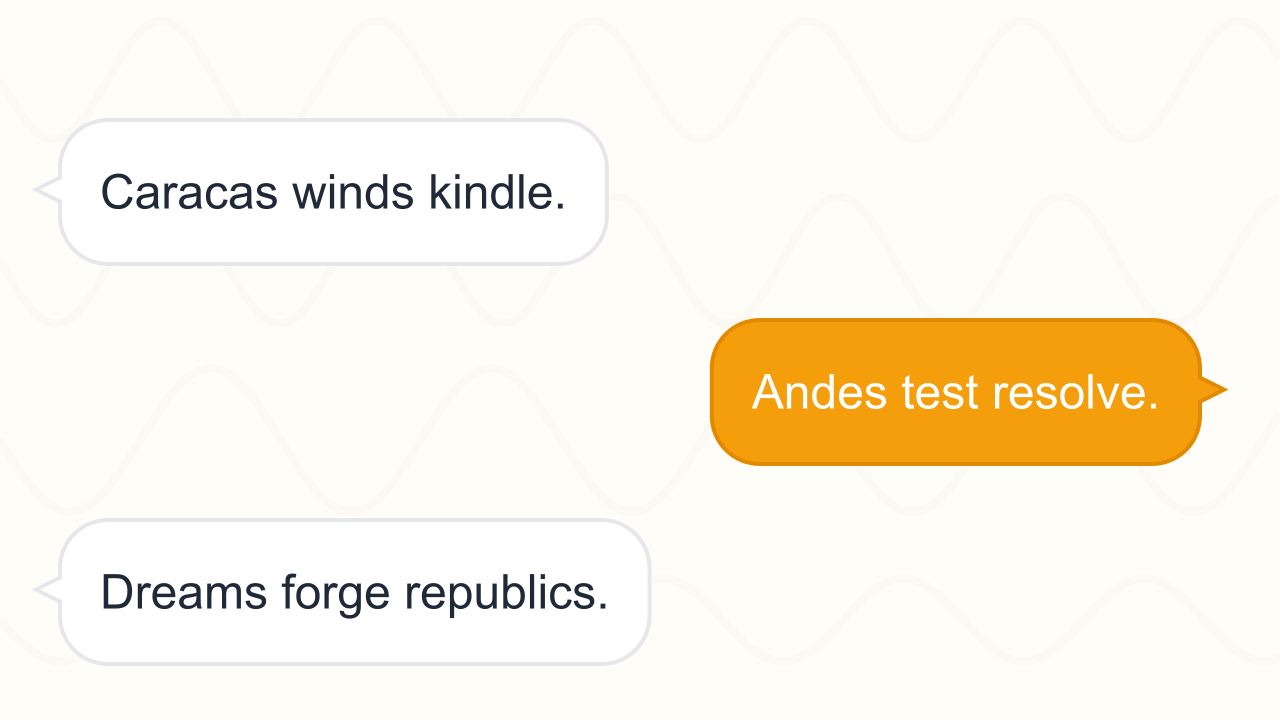
Simón Bolívar: Liberator of the Andes
Journey with Simón Bolívar from his Caracas youth through daring Andean campaigns and the struggle to define lasting republics across northern South America.
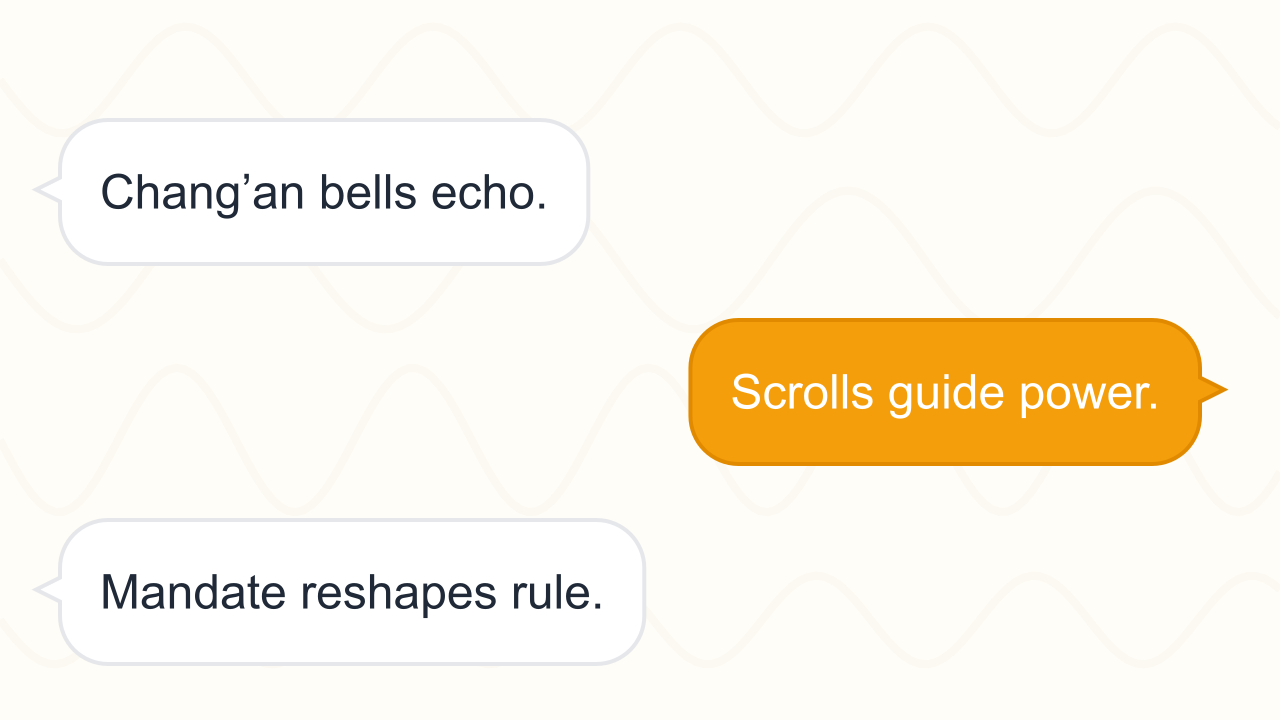
Wu Zetian: Mandate of the Tang
Follow Wu Zetian’s ascent from a palace attendant to emperor of the Zhou dynasty, examining how she wielded scholarship, alliances, and reform to shape eighth-century China.